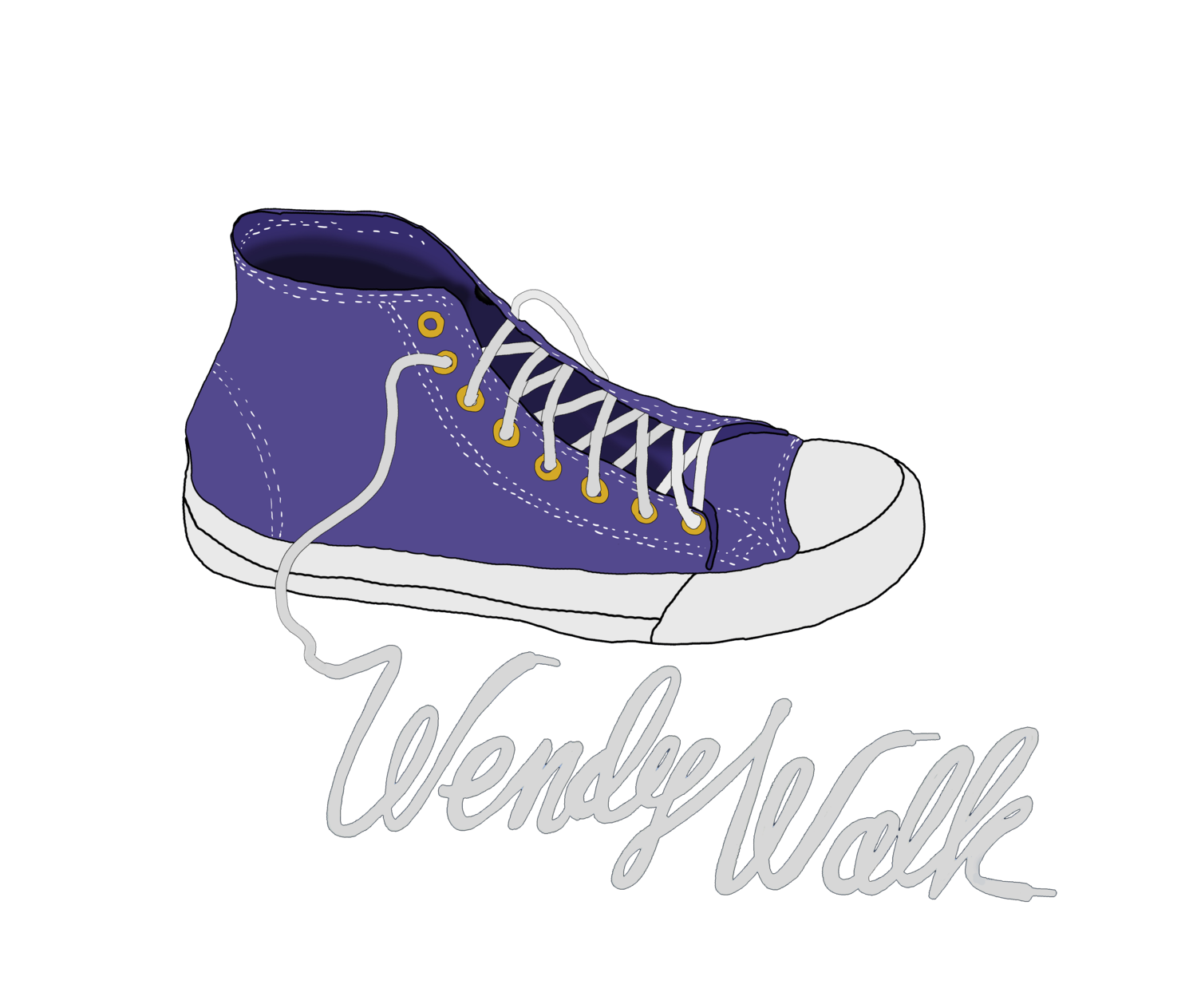by Jenn Andrews for Move for Jenn
Becoming an Amputee
If you or a loved one has had to go through a leg amputation, you know losing a limb is far from easy. I personally was diagnosed with sarcoma which is a rare cancer without a cure. I went through remission for three years thinking I might not have to deal with cancer for a second time, but unfortunately the second time it came back more aggressively than the first. The best option at a cancer-free life was to amputate my right foot. If you’re living life with cancer, or are having to get a leg amputated, just remember that things will get better and easier over time. Stay positive knowing that you will eventually be back to all of the things you loved to do before. Whether you lost a limb to cancer, trauma, or other means, knowing some shortcuts around the household to help you live as an amputee can be helpful.
Follow Up Amputee Care
Follow up amputee care isn’t talked about much, but it’s an essential and vital part of not only your happiness, but health and recovery. Being a cancer survivor and an amputee woman, I wanted to provide some insider information for those of you who are wanting to explore some good shortcuts around the house as an amputee. Here are some tips and tricks as well as some items I purchased that helped tremendously:
Suction Shower Handle
Installing a suction shower handle in your shower is a lifesaver. You can easily move them around to where you need the support, just keep in mind that you need to make sure they’re secured properly, otherwise they could be a potential fall hazard. I personally have two of them, one for each shower wall, and then use the shower door handle as well. I recommend ordering an extra for traveling purposes.
Shower Floor Grip
Reduce shower fall risks by purchasing a shower floor grip. They improve traction in the shower, are easy to install, and are an inexpensive way to provide extra safety. The best part is, you barely notice them once they’re installed!
Shower Chair
One word of advice here - functionality over aesthetics. I was adamant about having a nice wooden shower chair for a more spa-like feel vs. the plastic medical looking ones. I quickly realized that the wooden ones are a lot more work than plastic ones. Spraying down the plastic chairs are much easier!
Hands Free Knee Crutch
After your healing is done, I highly advise investing in the iWALK2.0 hands free knee crutch which is more convenient than conventional crutches. It’s a great tool that allows you to walk around without your prosthetic on and allows you to navigate stairs hands-free.
Grip Socks
Non-slip grip socks create a slip-free surface while you move around and they’re super comfortable! I like them because they help me feel grounded and stable while walking.
Crutches & Walkers
Walking aids such as crutches and walkers serve as a must, especially if you’re like me - a single leg amputee. They provide efficient means of transportation, and having one for travel is highly recommended. This is the portable walker that I have, and love it. The walker is crucial for getting in and out of the shower. If you have a two story house, I’ve found that having a set of crutches and a walker on both floors is helpful.
Medication Chart
After surgery, in order to stay ahead of the pain, make a medication chart that indicates what medicines you are taking and what time to take them. This helps not only you stay on schedule, but family members who help out as well. Another helpful tip is to set timers for the middle of the night, and DO NOT sleep through them or forget to take your medication. The pain is not worth the extra sleep you’d get if you slept through the alarm.
Gel Ice Packs
Having multiple (4-6) gel ice packs are a must in my opinion. I personally love the knee version with velcro, and have found that it helps with limb and nerve pain. Healthcare professionals recommended 20 minutes on, and 20 minutes off.
Handheld Massager
Handheld massagers, and massaging and desensitizing are important. I was always told this is essential, and boy were they right. It helps with nerve pain and helps prep your leg for your prosthetic. Have someone massage your limb for as much as you can tolerate.
Ampushield
Ampushield is a hardshell cover that protects your limb. If the doctors office doesn’t provide you one, make sure to ask for it as this is an absolute must have. I wore it everywhere I went. Ampushield protected me when I had a bad fall with my crutches on concrete shortly after my surgery. The protective layer truly saved me from some serious damage, and I’m so grateful I was wearing it that day. I also found that you can place gel ice packs inside.
Life After Leg Amputation
Years ago my life took a turn when I received the news about my sarcoma cancer. Fast forward to today, and I can’t stress enough how important it is to be active in your follow up care after an amputation. I went from a cancer patient to a cancer survivor which has been a life changing experience. Amputees should have a plan of care outlined to be able to cope with the loss of their limb and their ability to prepare for life with a prosthesis. I hope you find these tips and tricks helpful, and I wish you the best on your journey.

